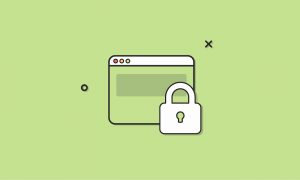They say a picture is worth a thousand words and even in the IT environment this is true. How often have you tried to describe a problem you have with your device to an IT technician, struggling to explain it over the phone or in an email.
There is an easier way and it’s called a screen shot, screen grab or screen snip. Many of us use this regularly on our cell phones to share images with friends or family, but it can be particularly useful if you want to show an IT technician an error message or what you are seeing on your screen. If you log a request on our ICT Partner Portal adding a screen shot makes the world of difference. A technician can immediately see the error message and start troubleshooting your problem.
So, how do you make a screenshot? One of two ways:
- In Windows 10 you can press the Shift+Windows button+S and it will open the Snip & Sketch option for you.
- You can type Snip & Sketch in your search bar (bottom left next to the Windows icon)
For a full explanation of how this handy tool works, the crew over at ZDNet explains it step by step.
So next time you log a request for our technicians, why not try out the Snip & Sketch tool? After all, it’s better to show, not tell.
[Information provided by George Whitehead]



 The US government’s Cybersecurity and Infrastructure Security Agency has made a collection of tip sheets available for use. These downloadable PDF documents contain all the information you need to protect yourself from cyber security risks in a convenient, compact format.
The US government’s Cybersecurity and Infrastructure Security Agency has made a collection of tip sheets available for use. These downloadable PDF documents contain all the information you need to protect yourself from cyber security risks in a convenient, compact format.  Before
Before